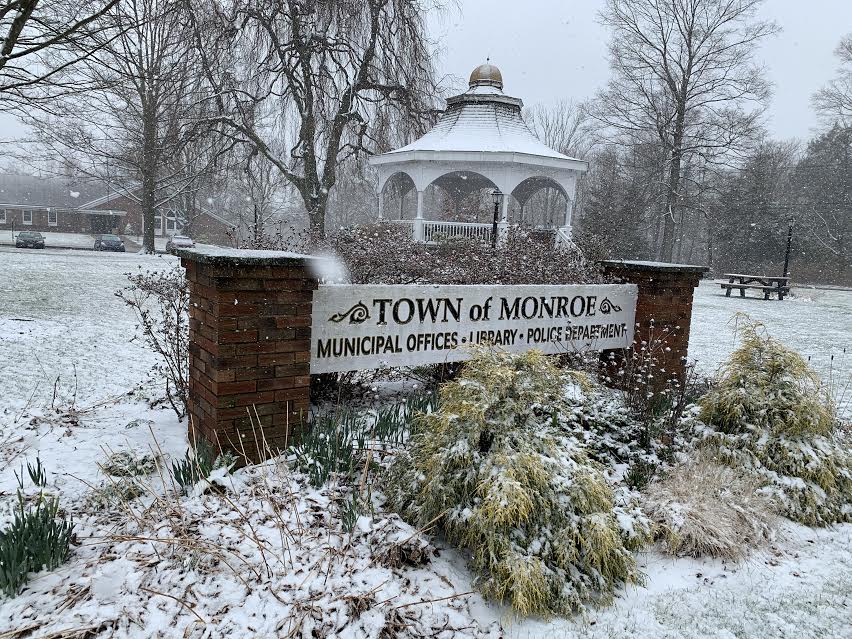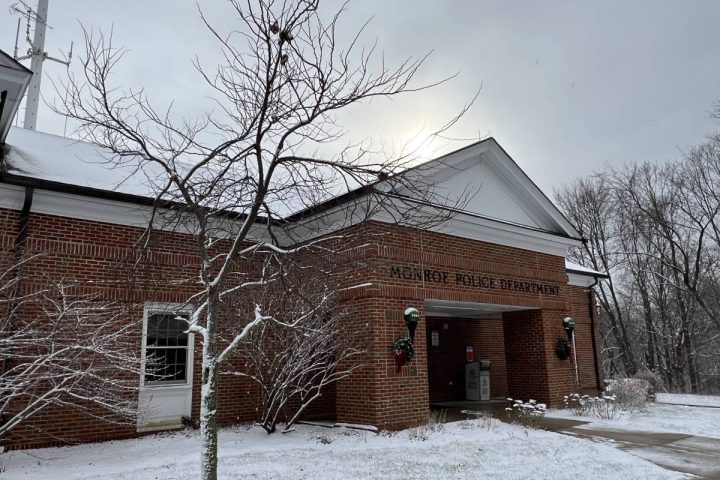MONROE, CT —Many taxpayers in Connecticut, who lost their jobs amid the COVID-19 pandemic, will have a hard time paying their tax bills on Jan. 1. To provide some relief, Gov. Ned Lamont issued Executive Order 9R, giving municipalities a choice of adopting a plan offering low interest for late payments, one that extends the payment deadline by three months, or both.
Town Council members decided to stick with the low interest plan the town had chosen for the July tax bills during a special meeting with First Selectman Ken Kellogg and the Board of Finance on Monday.
Kellogg invited Board of Finance members to attend, so the Town Council could benefit from their recommendations, as it did last spring.
Board of Finance Chairman Michael Manjos said Monroe did not have a high participation rate in the low interest program for its July tax bills, while crediting a strong real estate market for the positive situation.
“I think people have been paying their mortgages, paying their taxes,” Manjos said. “Not that it’s a normal situation by any means, but financially most people have managed to stay above water and seem to be normalizing their payments.”
In the spring, town officials opted for the plan lowering the annual interest rate for delinquent taxes from 18 to three percent for the July tax bills, rather than the plan offering a 90-day deferral for tax payments, because if too many people chose the latter, it could cause a cash flow problem for the town.
Manjos said he still has the same opinion this time around.
“I’m happy to re-do the low interest program for people who do have a need, but I certainly would not recommend the deferment program, because it could put strain on the town,” he said of payment options for the January bills. “We still have a lot of unknowns over the next few months, until things settle down — hopefully once and for all.”
Steve Kirsch, a finance board member, emailed Tax Collector Deborah Heim before the meeting, asking for the impacts and participation in the low interest program for the July tax bills.
Heim told him very few people took advantage of the program, though some did, and overall, people have been paying on time. The monies in escrow coming from the banks have been paying on time and tax collections are at the same level as prior years.
Kirsch agreed the town should stay with the low interest program.
Rebecca O’Donnell, a finance board member, said based on the data collected and analysis from Treasurer Patrick O’Hara and Heim that the board receives on a monthly basis, there are no indicators that a deferment program is needed at this time.
O’Donnell joined the rest of the board in recommending that the Town Council stay with the low interest program. All of the Town Council members who were present agreed.
“I think we’ve seen that if anybody is taking advantage of this, it’s a very small number, and I have not heard anything from either the Board Finance or from the public asking for any sort of deferral program or anything along those lines,” Councilman Jason Maur said. “So I don’t see the need to change what we’ve been doing, which seems to be working fine for the town and seems to be working fine for all of our constituents.”
Because the Town Council is not seeking any changes, Kellogg said be believes recording the consensus in the meeting minutes will be enough to stay with the low interest program.
Town Attorney Frank Lieto agreed that no further action was needed.






